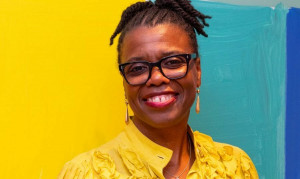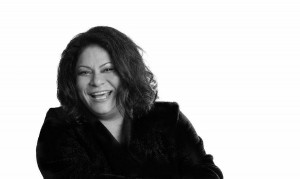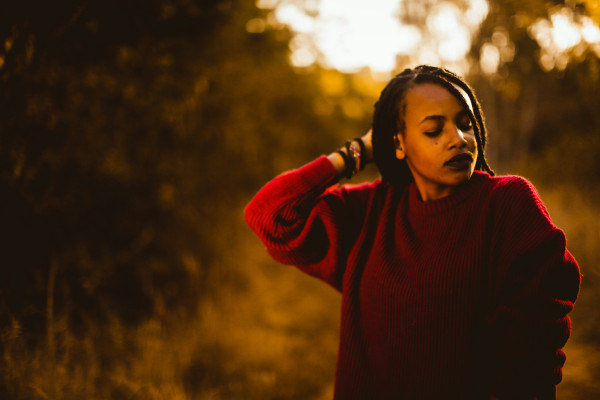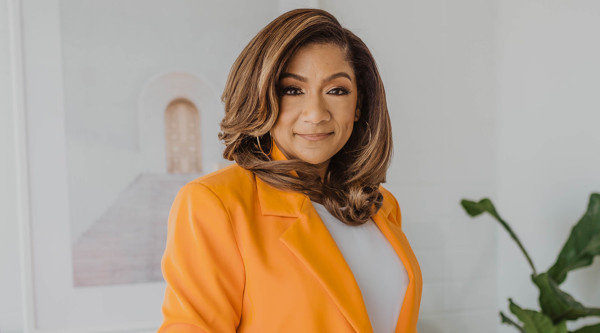But she is well known in Black Canadian media circles as a trailblazer in community radio. A Kenyan native, she’s a tireless promoter of Black culture, both African and Caribbean. Sarah’s awards for community service include the United Way Community Builder Award (2008 & 2011) and the Queen Elizabeth II Diamond Jubilee Medal (2012). We spoke to Sarah about her 22-year journey in Canadian media.
Tell me a bit about your back story, and how you ended up coming to Canada.
I arrived in Ottawa, Ontario, in 1980 with my parents and four siblings. My diplomat father was sent to the High Commission here after completing a posting in Brussels, Belgium, where I grew up in the 1970s. Three years later, we moved to Zaire on another posting, however I managed to earn a scholarship and returned to the Nation’s Capital to pursue my undergraduate studies at the University of Ottawa. I later returned to Kenya, worked for the government, then moved to France to do my Master’s in Linguistics. I later married a Canadian and moved with him to Gatineau, Quebec.
What was Ottawa like for you as a Black woman when you arrived. Has it changed much now?
I was a teenager when I moved to Ottawa in the 80s. With the exception of the few Black students at the private school I attended, the only Black folks I ever saw were my own family members and my Dad’s diplomat colleagues. Even when we would venture to the shopping centre near our house or even the Rideau centre downtown, we rarely saw Black strangers on the streets. I have to say that as a diplomat’s child, I lived a very sheltered and regulated life that precluded getting involved with the local Black community. Obviously, in the decades that followed, the Black population multiplied exponentially, on both sides of the Ottawa River. The impact on the streets has been noticeable in this still somewhat conservative eurocentric national capital region. You hear much more Patois, Creole, Somali and other African languages. There are many more food, grocery and hair care options for us “melanated” folks. Our music and art has taken their rightful place in our festivals and some art galleries.
What got you interested in becoming a translator?
I became a translator because that’s the career my parents wanted for me. I’ve always been good at learning languages and have a keen interest in linguistics, so it just made sense to them. They had dreams of having their daughter become a jet-setting interpreter at the U.N.! I’ve had some cool assignments involving translating fact sheets for a clinical trial being carried out by a major international pharmaceutical company, and acting as an interpreter for a future head of state! But my true passion has always been journalism. I loved watching the news as a child, learning about events happening around the world.
How did you get involved in media, and eventually, hosting your own radio show?
My first foray into community media occurred in the early 1990s, when I wrote articles for a paper called The Drum, published by the Harambee Centre of Ottawa. I had just moved back from Vancouver, BC, and writing for that publication was a way to connect with Ottawa’s Black community. The editor-in-chief of that paper would later become my co-host for one of the radio shows I host and produce at CHUO 89.1FM, a campus-based community radio station at my alma mater, the University of Ottawa. When the Harambee Centre closed and the paper folded, several years later, I started writing for another Black-owned community newspaper called The Spectrum.
While I enjoyed print journalism, I liked the idea of bringing our community’s stories to life by telling them using the broadcast medium. Since the local mainstream outlets rarely featured stories about us (unless they involved criminality, some form of pestilence, violence or social dysfunction), I started tuning in to the weekly Black radio shows on 89.1FM, and in 1998, I joined “Black on Black”, a one-hour public affairs/arts program hosted and produced by a collective of amazing and talented women who have become my second family. In the early 2000s, at the same radio station, I joined the “Afrika Revisited” team after one of their members moved to Toronto. In 2018, I became the regular host and co-producer of the French-language weekly African public affairs show “Ici l’Afrique”, again at 89.1FM.
My community television career took off in 2002, when the then executive producer of “Ottawa’s Cultural Window” programming asked me to take over the only English-language African monthly program. He had seen me interviewed on that show over the years and felt I would be a good fit. I’ve hosted and co-produced that show on Rogers TV-Ottawa ever since (18 years now!). The thread that runs through my parallel community radio and TV careers has been my passion for celebrating our Black community, for showcasing the uplifting stories that are seldom told, for amplifying the voices we rarely hear.
You’ve been hosting Black on Black for over 20 years now, who has been your most memorable guest, and why?
In 2020, I will have been co-hosting and co-producing “Black on Black” for 22 years. I must say we’ve had many fascinating guests and interviews over the years. It’s hard to pick out specific ones that stand out to me. I’m proud to have had the privilege of interviewing the likes of musical icons like Sparrow, Marcus Miller, Hugh Masekela and Jocelyne Béroard (lead singer of iconic zouk band Kassav). I’ve also had the honour of presenting interviews marking milestone events like the 50th anniversary of the March on Washington, the 20th anniversary of the Million March, the election and subsequent re-election of President Barack Obama, the death of Nelson Mandela. Some of the Caribbean High Commissioners I have interviewed have also impressed me. The creative and community-minded young people who’ve come through our studio have greatly inspired me, whether they’ve been student organizers, after-school program tutors, entrepreneurs or mentors. It’s impossible to pinpoint one specific guest.
What impact do you think your work in community media has had on how mainstream media covers Black Canadians?
I know for a fact that some of my CBC and CTV colleagues tune in to “Black on Black” to get a better sense of what our community is thinking, feeling, celebrating, denouncing. By tuning in to our broadcast, they get that grassroots, street-level view they couldn’t access otherwise. We (myself and my co-hosts) are in the community, with the community, experiencing the same events and obtaining unique “raw” insight that my mainstream colleagues can’t get because they don’t have those “boots on the ground” and the trust. Occasionally, I even get calls from CBC regarding guests we’ve interviewed about very sensitive topics (police brutality, workplace discrimination, anti-Black racism in education etc.). Some of them have admitted to me that they glean valuable insights that help them adjust their treatment of some stories. Community media like ours are a very necessary component of the media ecosystem. I’d like to think that we somehow keep the overwhelmingly Eurocentric mainstream accountable.
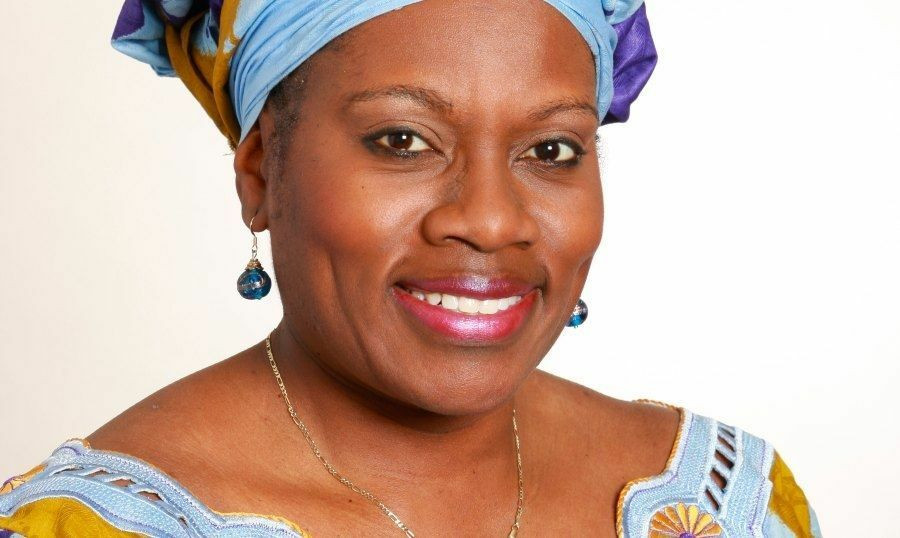
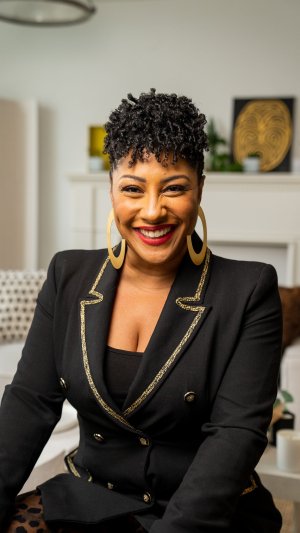 By
By 





